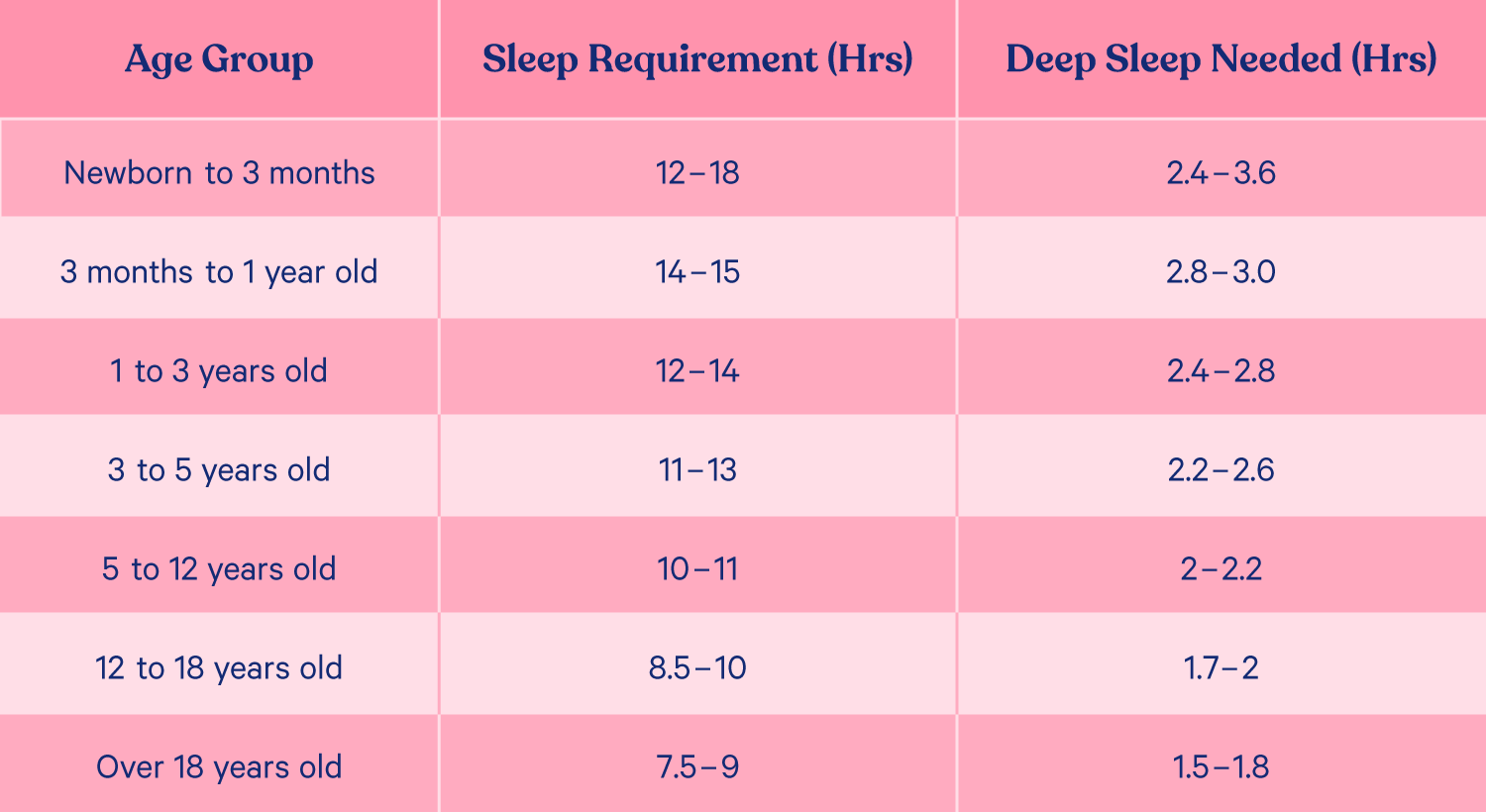

The participants listened to rapid eye movement (REM) brain-wave music (Group 1: 13 subjects), slow-wave sleep (SWS) brain-wave music (Group 2: 11 subjects), or white noise (WN) (Control Group: 9 subjects) for 20 min before bedtime for 6 days. Methods: A total of 33 young participants were recruited and randomly divided into three groups. However, the neural mechanisms of brain-wave music on the quality of sleep need to be clarified. Previous studies have shown that brain-wave music generated from electroencephalography (EEG) signals could emotionally affect our nervous system and have positive effects on sleep. 4Department of Composition, Sichuan Conservatory of Music, Chengdu, ChinaĪim: This study investigated the neural mechanisms of brain-wave music on sleep quality.īackground: Sleep disorders are a common health problem in our society and may result in fatigue, depression, and problems in daytime functioning.3Center for Information in Biomedicine, School of Life Sciences and Technology, University of Electronic Science and Technology of China, Chengdu, China.2The Clinical Hospital of Chengdu Brain Science Institute, MOE Key Lab for Neuroinformation, University of Electronic Science and Technology of China, Chengdu, China.1School of Computer Science, Chengdu University of Information Technology, Chengdu, China.More research is still needed, but early studies suggest that listening to pink noise while sleeping may help increase your deep sleep.Dongrui Gao 1,2,3†, Siyu Long 3†, Hua Yang 4†, Yibo Cheng 3, Sijia Guo 3, Yue Yu 2, Tiejun Liu 2,3, Li Dong 2,3, Jing Lu 2,3* and Dezhong Yao 2,3* This means that it has a lower pitch compared to white noise - some compare it to the sound of a waterfall. Pink noise is similar to white noise - it contains every frequency of sound, but the frequencies become quieter as the octaves get higher. This means you're likely to sleep for longer and have better sleep quality, says Jean-Louis. White noise may also help alleviate any nighttime anxiety that could make it harder for you to fall or stay asleep.
Increase deep sleep tv#
People often say that it sounds like TV static.Įxperts still aren't sure why white noise improves sleep, but it may help alter your brain waves or just block out background noise. White noise is a type of noise that contains all of the audible frequencies of sound, and plays each frequency at the same volume. There are several types of noise that may help increase your deep sleep, including white noise and pink noise. Here are five key ways you can increase the amount of deep sleep you're getting at night.


Your brain is active and your eyes move quickly under your lids.Īll stages of sleep are important, but "deep sleep is essential for the optimal functioning of both the body and the brain," says Girardin Jean-Louis, PhD, a sleep researcher and psychiatry professor at the NYU Grossman School of Medicine. Stage 4 (REM) (10-60 minutes): Rapid eye movement (REM) sleep is the stage in which you have most of your dreams.Your brainwave frequencies slow down and it's difficult to wake up from this stage. Stage 3 (20-40 minutes): This stage is called deep sleep because it's the deepest sleep you get during the night.Stage 2 (10-60 minutes): The period of light sleep in which your heart rate and breathing continue to slow.Stage 1 (1-5 minutes): The period where you transition into sleep, and your heartbeat and breathing start to slow.Getting enough sleep, about eight hours per night, is vital for your health, but it's also important to get good quality sleep.Įach night, your body moves through an average of four to six sleep cycles - each cycle lasts about 90 minutes and is made up of four different stages:


 0 kommentar(er)
0 kommentar(er)
